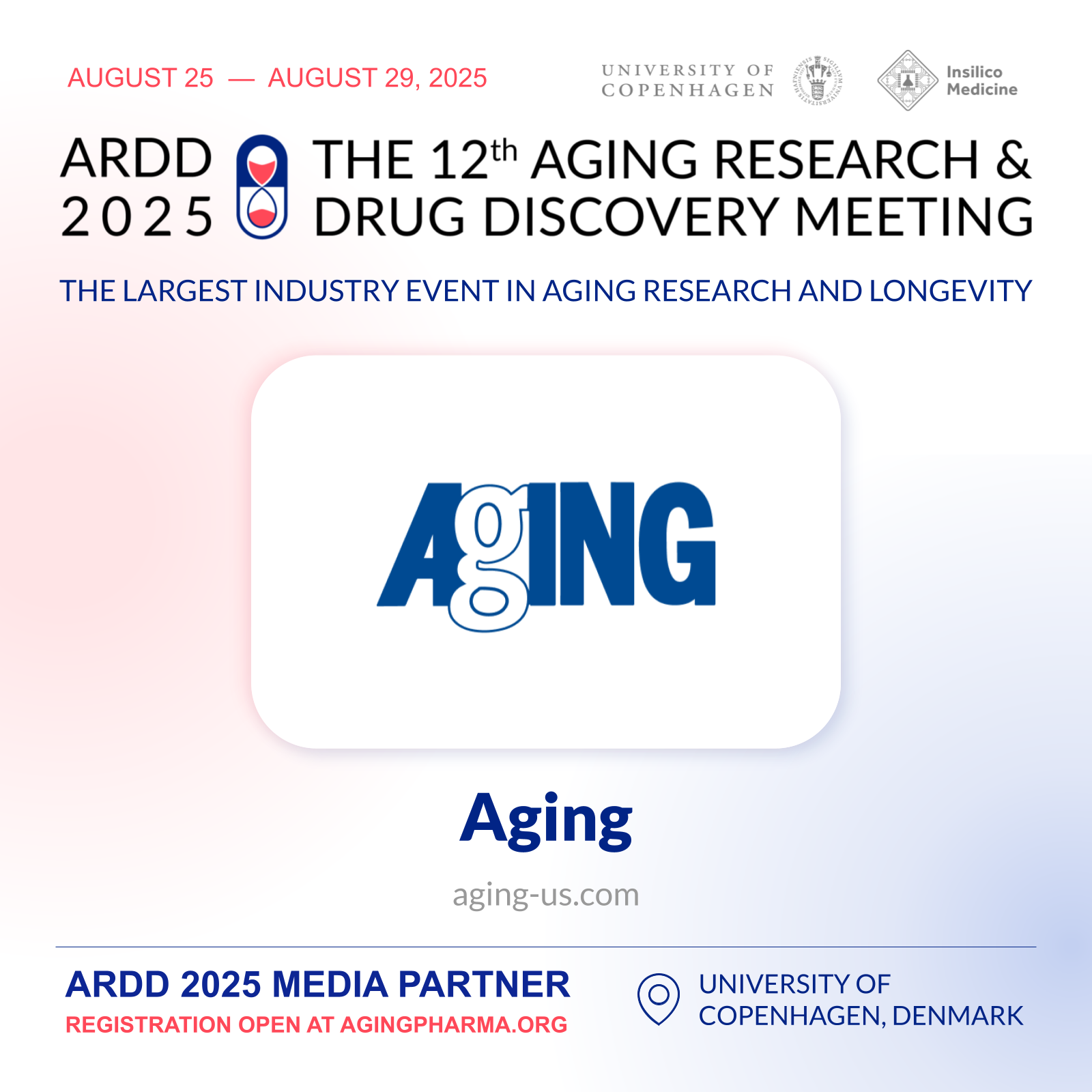Research Paper Volume 12, Issue 24 pp 24853—24871
Aberrant RhoA activation in macrophages increases senescence-associated secretory phenotypes and ectopic calcification in muscular dystrophic mice
- 1 Shandong First Medical University and Shandong Academy of Medical Sciences, Jinan, Shandong, China
- 2 Steadman Philippon Research Institute, Center for Regenerative Sports Medicine, Vail, CO 81657, USA
- 3 Department of Orthopedic Surgery, McGovern Medical School, University of Texas Health Science Center at Houston, Houston, TX 77030, USA
- 4 Department of Orthopaedic Surgery, University of Pittsburgh, Pittsburgh, PA 15260, USA
- 5 Department of Biochemistry and Molecular Biology, Jinan University, Guangzhou, China
Received: April 25, 2020 Accepted: November 21, 2020 Published: December 23, 2020
https://doi.org/10.18632/aging.202413How to Cite
Abstract
Duchenne Muscular Dystrophy (DMD) patients often suffer from both muscle wasting and osteoporosis. Our previous studies have revealed reduced regeneration potential in skeletal muscle and bone, concomitant with ectopic calcification of soft tissues in double knockout (dKO, dystrophin-/-; utrophin-/-) mice, a severe murine model for DMD. We found significant involvement of RhoA/ROCK (Rho-Associated Protein Kinase) signaling in mediating ectopic calcification of muscles in dKO mice. However, the cellular identity of these RhoA+ cells, and the role that RhoA plays in the chronic inflammation-associated pathologies has not been elucidated. Here, we report that CD68+ macrophages are highly prevalent at the sites of ectopic calcification of dKO mice, and that these macrophages highly express RhoA. Macrophages from dKO mice feature a shift towards a more pro-inflammatory M1 polarization and an increased expression of various senescence-associated secretory phenotype (SASP) factors that was reduced with the RhoA/ROCK inhibitor Y-27632. Further, systemic inhibition of RhoA activity in dKO mice led to reduced number of RhoA+/CD68+ cells, as well as a reduction in fibrosis and ectopic calcification. Together, these data revealed that RhoA signaling may be a key regulator of imbalanced mineralization in the dystrophic musculoskeletal system and consequently a therapeutic target for the treatment of DMD or other related muscle dystrophies.



